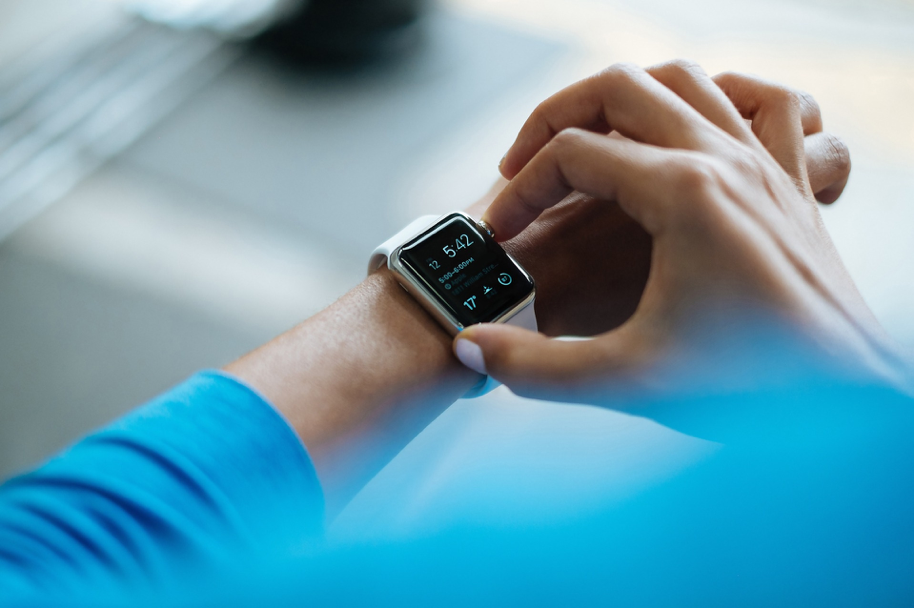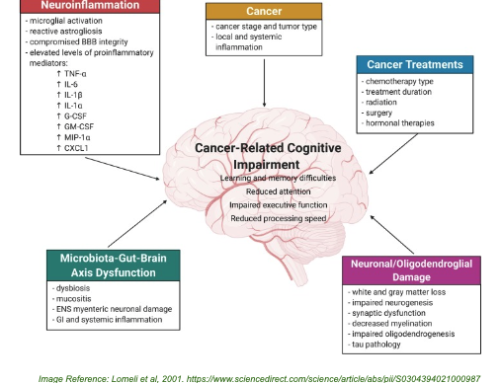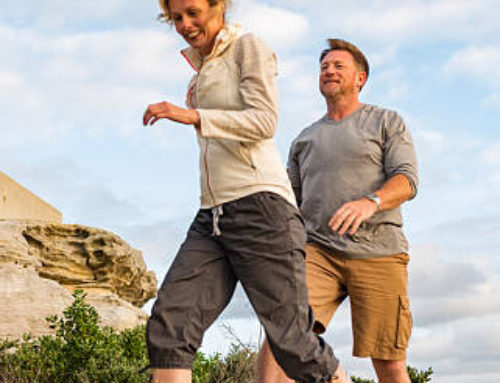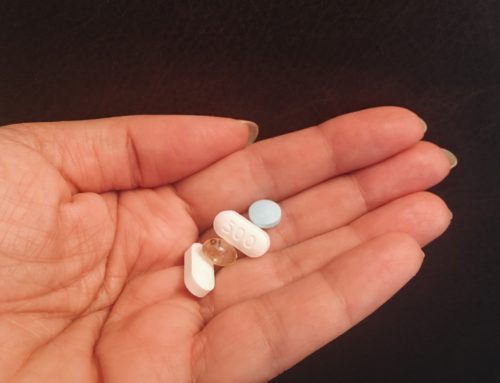The benefits of exercise for all of us are well known, and the use of exercise prescriptions for people undergoing active treatment for chronic illness, as well as those in the post treatment or survivorship stage, is steadily becoming part of standard care.
Like drug prescriptions, exercise prescriptions offer patients tailored doses of ‘exercise-medicine’ based on their condition, experience, physical function and current evidence.
However, unlike drug prescriptions, exercise prescriptions require commitment and the exertion of time and energy to fulfil, and despite knowing the benefits, we all have those days when moving just feels way too hard!
We spoke to Valion Health exercise physiologists David Mizrahi and Jeannette MacLean to learn how remote exercise prescriptions are delivered and how they keep participants motivated.
The evidence for exercise
David and Jeannette have been working with Valion Health for a number of years and share a common goal of using exercise to improve the health and quality of life of people with cancer at every stage of their cancer journey…no matter how far they are from the gym.
Telehealth enables people with cancer in regional and remote areas, and those with limited access to allied health services or those who prefer the convenience of virtual care, to access an exercise physiologist just as effectively as those living in the city. Valion Health utilises telehealth as a key element of its virtual Cancer Support Programs.
Lack of gym equipment is no barrier, and the most important piece of technology is a computer/tablet or smart phone capable of videoconferencing, which is used for the consults.
Just like a face-to-face session, a participant’s first remote session with an exercise physiologist starts with an all-important initial assessment to discuss background and needs, goals, review questionnaires and assess strength, balance, flexibility and cardiovascular fitness.

“I normally conduct a lower body strength test like a 30 second sit-to stand, where the patient squats up and down on their chair for 30 seconds. I ensure their area is clutter free and the seat is stable before commencing. I demonstrate the exercises and ensure the participant understands how to do them safely.
Other physical tests can be done like assessing range of motion to test flexibility, and a walking or step test to test aerobic fitness,” said David.
Following this initial assessment, the Exercise Physiologist will develop an evidence-based exercise program that best meets the needs and goals of their participants.
“No fancy exercise gear is required as we base the exercise program on whatever a participant has available to them,” said Jeannette.
David says he works closely with participants to develop a program which meets their goals, background and incorporates exercise they like doing to ensure they stick with it so they can return to the life and work that they enjoy.
“It is very important that participants follow a co-designed program, so I try to identify activities they enjoy, and avoid exercises they don’t. Education is also important to ensure participants try new exercises that may provide them with clinical benefits,” he said.
Monitoring progress and motivation
Jeannette and David use the interactive Physitrack App to remotely prescribe exercises and monitor participant progress against their program goals.
The app allows participants to view a video of each exercise prescribed to them with verbal and written instructions. The app is highly interactive and enables participants to check off exercises when they have completed them, adjust how many repetitions they completed, score the exercise out of 10 (with regards to difficulty) and message their practitioner questions or comments related to their exercises.
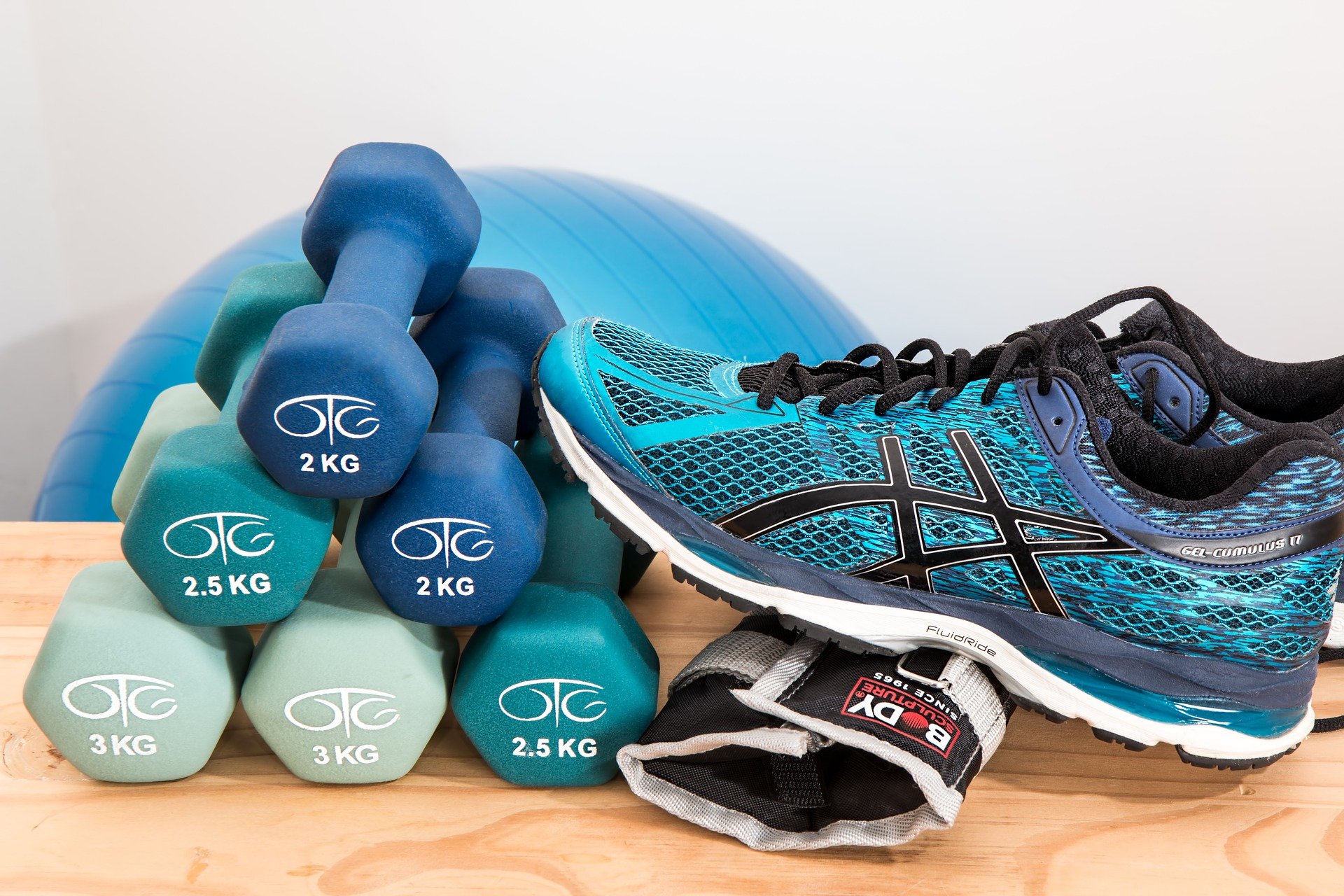
All this information is available to the practitioner to monitor how the participant is adhering to and tolerating their exercise program.
Jeannette says the Physitrack App assists with participant accountability and makes them feel as though someone is ‘checking up on them’ however, she says that learning what motivates each individual participant and using this information in the exercise program is the best way to achieve sustained behaviour change.
“Some participants set out to achieve certain physical goals such as “become stronger so I can complete work related tasks again” or “Increase cardiovascular capacity so I can walk the dog again”, however the biggest success I find is when participants get more than what they set out to or they find out what these goals really mean to them,” she said.
David agrees, “achieving behaviour change remotely can be hard, as we don’t have the rapport you have in a face-to-face service. One important aspect is education and demonstrating that what we are discussing and providing education on is evidence based with the potential for numerous health benefits helps.
Another aspect is being realistic and setting targets that are achievable. This is a slower process, but one that can more likely lead to sustained behaviour change’” said David.
Initially a program may involve tracking daily activity levels. The Exercise Physiology team at Valion Health include remote monitoring, with the ability of participants to connect an activity tracker to the system. This allows the team to monitor physical activity levels in between sessions, a key benefit of a virtual care program.
Safety First
Participant safety is at the forefront of an exercise prescription and is closely monitored at every stage of the process to ensure participants gain maximum benefit with the least possible risk.
“For every program I prescribe, I go through the entire program with my client to make sure their technique is good. If there are any issues with technique, or pain, I reduce the intensity or change it for an alternate exercise. We can also escalate care to the participants Valion Health Care Coordinator if we have concerns. In addition, I seek feedback from the participant so I can identify if an exercise is too easy or hard for what I have prescribed them,” said David.
Remote exercise programs offer a comprehensive range of advantages for participants, they level the playing field between geographically dispersed populations, ensure immunocompromised people can participate and remove the barriers to access associated with travel time and logistics, making it possible for anyone who needs it to benefit from this truly effective medicine.
To learn more about our Cancer Support Programs, contact us at [email protected]

